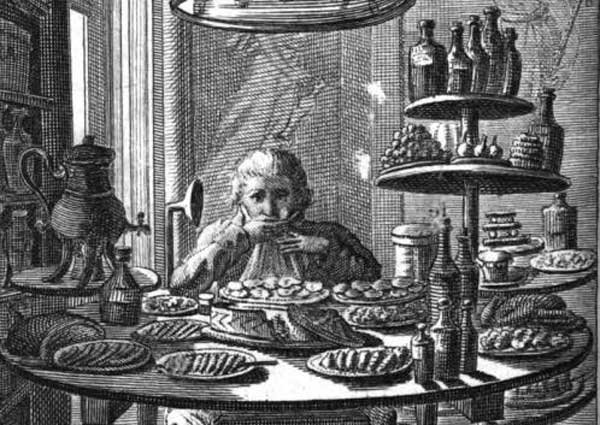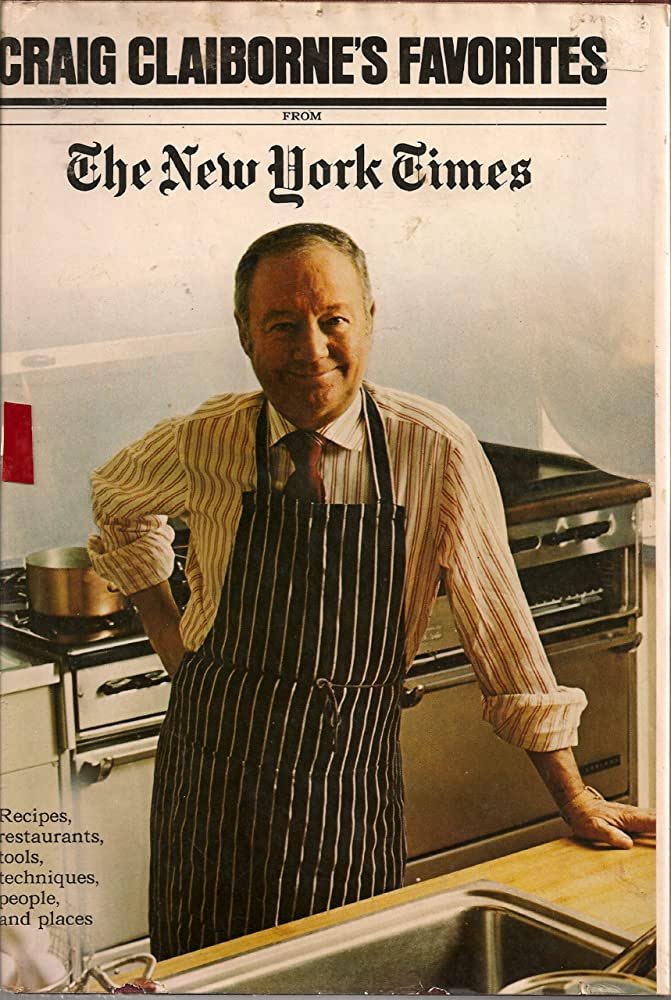History of food critiCs
Food is one of the most important things in our lives. It sustains us, nourishes us, and brings us joy. Over time, food has become much more than just sustenance, and culinary traditions have evolved around the world, creating unique and delicious dishes that represent cultures and regions.
However, food is also a business, and like any other business, it requires critics to help consumers make informed decisions. The role of the food critic has evolved over time, and it's worth exploring the history and importance of food critics.
Alexander Balthazzar Grimod de la Reynière was the first food critic. He lived in the early 19th century and wrote the multi-volume "L'Almanach des Gourmandes." Grimod de la Reynière was a strange character, to say the least. He was born into a wealthy family, and after his father's death, he inherited a fortune that allowed him to pursue his interests, which included food and wine.
Grimod de la Reynière was passionate about food and wine, and he was also a talented writer. He began writing about food and wine in a satirical magazine, and eventually, he started his own publication, "La Cuisinière Française," which focused on food and wine.
Grimod de la Reynière was the first person to take a critical approach to food writing. He wasn't afraid to criticize chefs and restaurants that didn't meet his standards, and his reviews were based on his own experiences and observations.
Grimod de la Reynière's approach to food writing was revolutionary, and it laid the foundation for modern food criticism. Today, food critics are an essential part of the restaurant industry, and their opinions can make or break a restaurant.
In the United States, restaurant reviews came much later, and they didn't become truly influential until Craig Claiborne, who was food editor and restaurant critic for The New York Times for many years.
Claiborne was a trailblazer in many ways. He was the first person to use a star rating system to rate restaurants, and he was also the first food critic to have a national following. Claiborne's reviews were highly influential, and they could make or break a restaurant.
Claiborne's approach to food criticism was different from Grimod de la Reynière's. Claiborne wasn't a satirist, and he didn't use his reviews to criticize chefs or restaurants. Instead, he focused on the food itself, describing it in detail and offering his opinion on its taste and quality.
Claiborne's approach to food criticism was more objective than Grimod de la Reynière's, and it set the standard for modern food criticism. Today, food critics use a variety of approaches to evaluate restaurants and food, but the focus is always on the quality of the food and the overall dining experience.
The importance of food critics cannot be overstated. In a world where there are countless restaurants to choose from, food critics help consumers make informed decisions about where to dine. They also provide valuable feedback to restaurants, helping them improve their menus and overall dining experience.
However, being a food critic is not an easy job. Food critics must have a deep knowledge of food and wine, and they must also be skilled writers. They must be able to evaluate restaurants objectively, and they must be able to communicate their opinions clearly and persuasively.
Food critics also have a responsibility to be fair and ethical. They must disclose any conflicts of interest, and they must be honest about their experiences and opinions. In recent years, there has been some controversy surrounding food criticism, with some critics being accused of being too harsh or too lenient in their reviews. However, most food critics take their responsibility seriously and strive to be fair and objective.
One of the most prestigious and influential restaurant review systems in the world is the Michelin Guide. The system was created by the Michelin tire company in 1900, as a way to promote automobile travel in France. Over the years, the Michelin Guide has become renowned for its star rating system, which evaluates restaurants based on a set of criteria, including the quality of the food, the skill of the chef, the ambiance of the restaurant, and the quality of the service.
The Michelin Guide's star rating system is widely regarded as one of the most objective and rigorous review systems in the industry. The system awards restaurants with one, two, or three stars, with three stars being the highest honor. The evaluation process is highly secretive, with anonymous reviewers visiting restaurants multiple times over a period of several months to evaluate every aspect of the dining experience.
Earning a Michelin star can have a profound impact on a restaurant's reputation and success. The rating is highly coveted by chefs and restaurateurs around the world, and restaurants that receive a Michelin star often experience a surge in bookings and publicity. However, the pressure to maintain a Michelin star can be intense, and many restaurants have been known to go to great lengths to earn and keep their stars.
Today, food criticism is a thriving industry, with critics writing for newspapers, magazines, and online publications around the world. The rise of social media has also given rise to a new generation of food bloggers and influencers who are shaping the way we think about food and dining.




